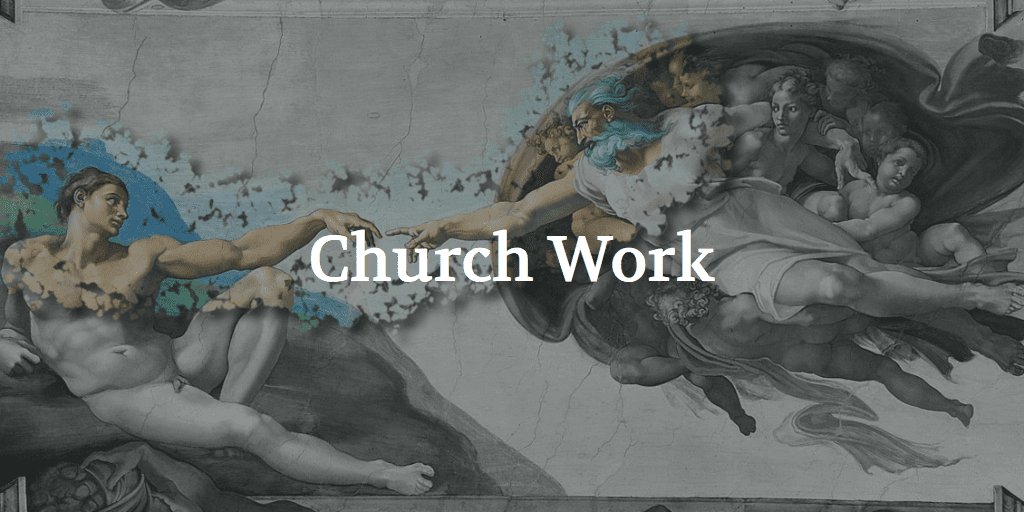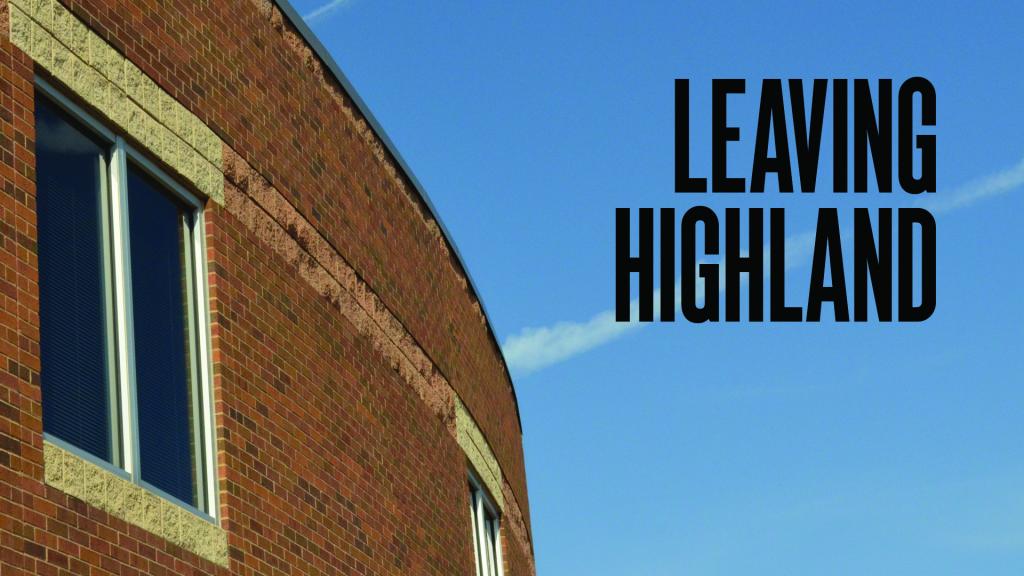 This is another post in a Friday series about both the nuts and bolts of practical ministry and how it relates to the reason we got into ministry in the first place.
This is another post in a Friday series about both the nuts and bolts of practical ministry and how it relates to the reason we got into ministry in the first place.
I’ve asked my friend Randy Piersall to write for the next couple of weeks, about best practices that he’s seen from ministers in funerals. Randy is a local funeral home director and one of the best people that I’ve seen at entering into people’s grief and standing with them.
He’s shared tips on how to do funerals with dozens of young ministers, and today he’s going to give some practical tips on how to be and stand with the family for the visitation.
Here’s Randy:
Now that I have given some detail about how I entered into this ministry and why I feel it matters, let’s talk about some practical points surrounding how ministers serve families during loss. In this blog I would like to specifically look at “The Family Meeting” and “The Visitation” and then I’ll conclude with the next blog on “The Service” and “The Graveside”.
The family meeting is a special time for the minister to enter into conversation with the family about how to craft a service that is as unique as the person it is intended to focus on. There are some important things about this meeting that need to be mentioned on the front end; have no expectations and make no judgments, don’t feel rushed and don’t let the family feel rushed, and like Las Vegas, what happens in these meetings stay in these meetings.
Have no expectations and make no judgments: If you don’t know this already, not every person was raised exactly like you. In ministry you will have an opportunity to work with the richest of the rich and the poor of the poor and if you come to this meeting with the perspectives of the world you might miss an opportunity to see how God works in the lives of all people. This lesson is one I learned all to well a few years ago when I received a “police call”.
In my community, some of the funeral homes serve on a rotation to help families when an unattended death occurs, or when there is a death and the family doesn’t have a funeral home preference. These calls usually carry with them some very difficult situations and this call I received was no different.
The police said, “there was a young Hispanic male that was shot twice in the back while in an altercation with an unidentified male.” The shooting took place at a party with many eyewitnesses, none of whom “saw anything”. The father is a night manager of a local fast food place and the mother lives in another state. As you can imagine every unflattering stereotype ran through my mind and I couldn’t have been more wrong, but as Jonathan loves to say “I’ll get back to that……”
Don’t feel rushed and don’t let the family feel rushed: With so many things to do and so little time to get them done, it’s easy to feel pressed for time, but when a death occurs time stops for that family. I’ve heard it said that “grief distorts time”, and after years of walking with families through time of sorrow I know that saying is true.
I can tell you that families who have waited 20 minutes for me to arrive at a house to pick up a loved one have felt like it was an hour, because they have told me so. I can tell you that simple tasks such as getting a photo for the newspaper or picking out clothes, things that would normally take minutes, will now take hours. My guess is that some of this is probably because of the flood of memories that come with each photo or piece of clothing or song heard.
Normally the time between a death and a funeral is three to five days so obviously a family is going to feel rushed. Your job during this meeting with the family is to ask questions and listen. These memories that are being shared will give you great insight into the life of the person you are going to be celebrating. Not only that, but the telling of these stories is healing for the family.
What happens in these meetings stay in these meetings: This meeting with the family is a private time. A time for them to let their guard down and tell you about their family member. Sometimes the things shared in this meeting are funny, sometimes sad, and sometimes difficult feelings are exposed. I remember a conversation with a daughter of a man that died from Alzheimer’s.
She told me how he was a very difficult man to deal with growing up but over the last several years as he developed this disease that he had become so loving and kind. That change in his personality made her see him in a completely different light and she wasn’t sure how to handle it. Obviously, if there is some specific story that you would like to pass along during the service, you may want to ask the family if that is ok.
A couple of practical notes about the family meeting. First of all you should allocate at least an hour or two for this conversation to occur. Secondly, by the end of the conversation you should have an idea of the elements of the service the family would like for you to incorporate ie scripture reading, family thoughts, prayer, obituary, songs etc.
Also, if there is some specific story that you would like to pass along during the service, you may want to ask the family if that is ok. Finally, I think it’s important to note that in today’s world of blended families you need to make sure you are aware of who the primary decision makers are and if there are specific requests made by other members of the family that those requests are okayed.
The Visitation is the next opportunity for you, as the minister, to find out more about the character of the person you will be telling about. Here you have a chance to listen to the comments being made by friends and neighbors to the family. Friends and neighbors sometimes see things about a person that a family doesn’t see.
I have visited with families after visitations where they have been totally mystified by how they didn’t know certain things about their dad, mother, son etc. People who have come to the visitation only to tell them that their family member mowed their yard for them because they couldn’t do it themselves or how their family member delivered meals to them through Meals on Wheels for years and how he / she was like family to them.
Attending the Visitation may take an extra hour or two out of your day but taking the time to attend will help you bring a message that is as unique as the life it represents.
So, back to my story from earlier. The mother of this young man that was shot flies in with her husband and we meet along with the biological father. They don’t have a local church affiliation so I connect them with our Community Minister and what happened over the next couple of days was God’s hand at work.
Our Community Minister spent time with the family and attended the visitation, along with two policeman as well as the people they referred to as “Abilene’s Most Wanted”. Our minister was accepting, loving, non-judgmental and he went around the room at the visitation and met these kids, most of whom I would have written off as hoodlums. He found out that the young man that had been shot was a good kid. He wanted to work in the music industry and was already well on his way to making that happen.
A few of his friends had called him late that night to come and pick them up because they were drinking and couldn’t drive, so he did. When he arrived at the apartment complex to pick up his friends, he saw a girl being beat up by her boyfriend in the parking lot. He decided to intervene. It was the last decision he made.
Our minster took this story and used it, along with the gospel (as requested by the family) to talk about true friendship and the difference that this young man made in the lives of others. His ability to see past the surface of the circumstances of this young man and into the nature of who he was and how God worked through him wither he knew God or not, had an amazing impact.
After the service, some of the kids who “hadn’t seen anything” began to recall the events of the night the shooting occurred. They testified against the men involved in the shooting and those men ultimately went to prison. That minister is a my hero and his actions have forever altered how I treat those who are different than me.









